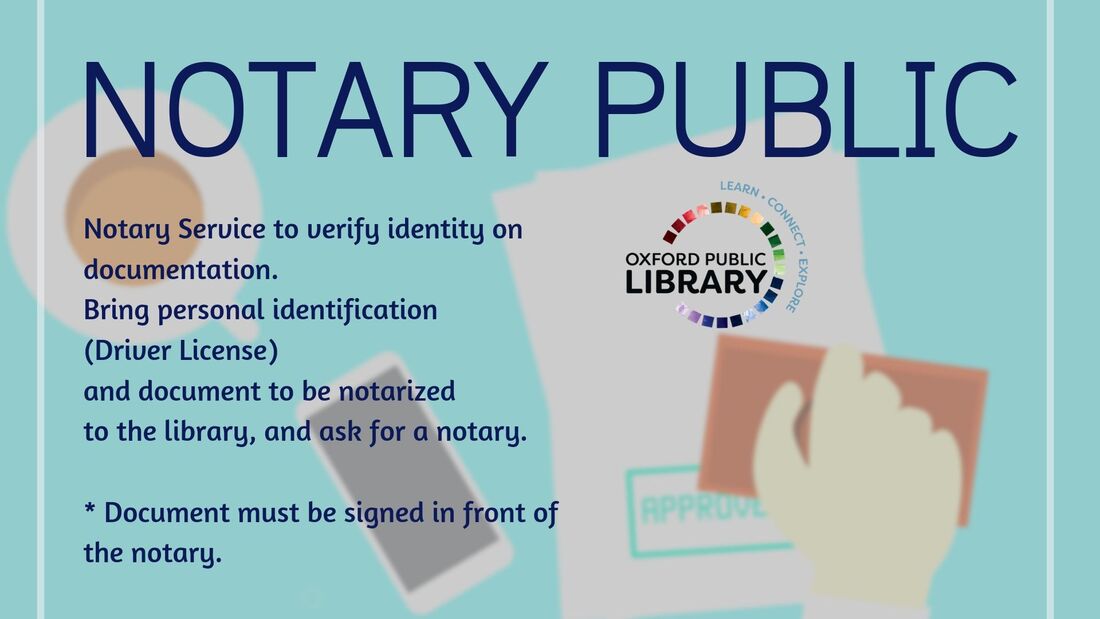Demystifying Notarial Work: Streamlining the Duty and Significance of Notaries
In the elaborate internet of legal paperwork and confirmation, notaries stand as columns of guarantee and authenticity. Their function, commonly shrouded in enigma for several, lugs significant weight in guaranteeing the validity and integrity of important documents. As guardians of legitimacy and fact, notaries play a pivotal component in our culture, yet their work is not constantly fully understood. By untangling the intricacies dropping and bordering notarial methods light on the value of their acts, a clearer understanding emerges of the vital duty notaries play in supporting the fabric of lawful and legal contracts.
The History of Notarial Work
Exactly how did notarial job progress in time to end up being an essential part of legal and business purchases? The background of notarial work go back to ancient human beings, where scribes played an essential role in videotaping important details and validating documents. As societies proceeded, the requirement for an extra formalized system to make certain the validity of contracts occurred. This brought about the development of notaries, people assigned by the state to act as objective witnesses in lawful matters.
Throughout the Middle Ages, notaries got prominence in Europe, with their functions expanding to consist of drafting lawful documents, licensing trademarks, and protecting documents. The surge of worldwide trade additionally highlighted the relevance of notarial work in verifying agreements and arrangements across borders.
In the modern age, notaries continue to play a vital role in lawful and company transactions by confirming identities, verifying the authenticity of documents, and preventing fraud. Their duty in accrediting the legitimacy of agreements adds a layer of safety and security and count on to the ever-evolving landscape of business and legislation.

Responsibilities and Responsibilities of Notaries
Notaries play an essential function in validating the credibility of documents and the identification of notaries. One of their primary responsibilities is to witness the finalizing of important files, such as wills, agreements, and acts, to guarantee that all celebrations are entering into contracts purposefully and voluntarily.
Additionally, notaries are entrusted with carrying out oaths and affirmations, which are important in lawful process and the execution of testimonies. They certify duplicates of original records, supplying assurance to establishments that the copies hold true replicas of the originals. Notaries must keep accurate records of all purchases they supervise to ensure openness and accountability. Generally, the tasks and responsibilities of notaries are necessary in protecting the integrity and legitimacy of different records and purchases.
Notarial Certificates and Signatures
Exemplifying careful attention to information, notarial certificates and signatures act as essential elements in validating the authenticity of legal documents. Notarial certificates commonly recommended you read consist of essential information such as the day of registration, the names of the signatures, a summary of the record, and the notary's main seal. These certifications supply a clear document of the notarial act, ensuring that the document can be quickly determined and traced back to the notary who managed the process.
Trademarks play a pivotal duty in notarial work, as they symbolize the agreement and approval of the parties included. Notaries carefully witness the finalizing of records to confirm the identification of the signatories and confirm that they are signing of their own free choice. By fastening their main seal and signature to the document, notaries license that the needed treatments have actually been complied with which the file is valid and enforceable.
In significance, notarial certifications and signatures are the trademark of authenticity in legal transactions, providing guarantee to all events entailed that the records are genuine and binding.
Relevance of Notarial Acts

Registration Process Discussed
Discussing the registration procedure offers clarity on the important steps associated with verifying lawful papers. The notarization process generally begins with the individual providing the file to a notary public. The notary then validates the endorser's identification with acceptable identification techniques. When the identification is validated, the notary makes certain that the specific signing the file does so voluntarily and with no threat.

Final Thought

Notarial certificates normally have important information such as the day of registration, the names of the signatures, a summary of the try this out record, and the notary's main seal. These certificates offer a clear record of the notarial act, guaranteeing that the record can be conveniently identified and traced back to the notary that oversaw the procedure.
By affixing their official seal and signature to the document, notaries certify that the essential treatments have actually been complied with and that the file is legitimate and enforceable.
By confirming the identification of the notaries, validating their willingness to enter into the agreement, and certifying the date and place of the signing, notaries play a crucial role in supporting the legitimacy of lawful files.After the document is authorized, the notary will certainly fasten their official seal or stamp onto the record.